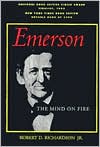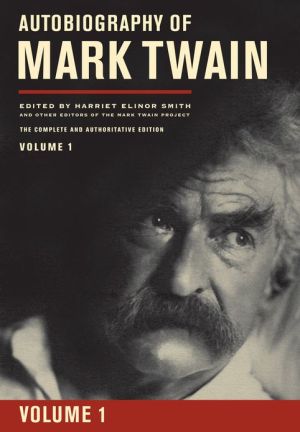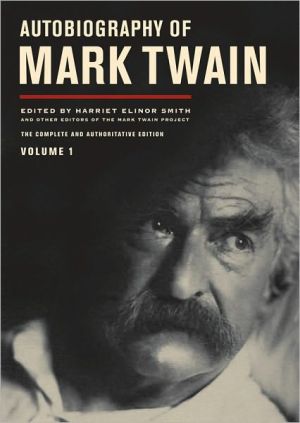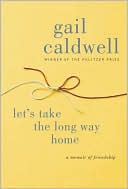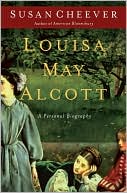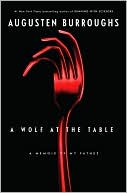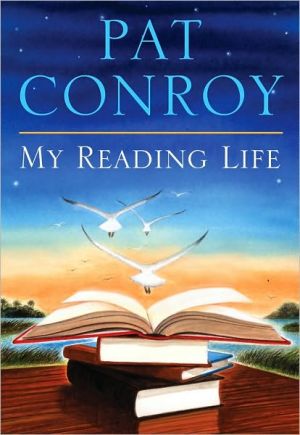Emerson: The Mind on Fire
Ralph Waldo Emerson is one of the most important figures in the history of American thought, religion, and literature. The vitality of his writings and the unsettling power of his example continue to influence us more than a hundred years after his death. Now Robert D. Richardson Jr. brings to life an Emerson very different from the old stereotype of the passionless Sage of Concord. Drawing on a vast amount of new material, including correspondence among the Emerson brothers, Richardson gives...
Search in google:
"Richardson's rich and extensive book on Ralph Waldo Emerson is a guide to the fire that burned always at the center of Emerson's life. . . . To read this book is to be touched on the shoulder by a thousand years of poetry and thought. . . . For those who would understand Emerson, it is unforgettable; it is essential."—Mary Oliver, Winner of the Pulitzer Prize for Poetry"Emerson himself would surely have applauded Robert Richardson's monumental study, which treats the sage's thought not as a set of coldly reasoned propositions but as the continually shifting outcome of a struggle to surmount crisis and tragedy. In the process, Richardson has fashioned our most credible portrait of a vulnerable, driven, fully human Emerson."—Frederick Crews, author of The Sins of the Father"The best biography I have read in years. Mr. Richardson is just the splendid writer Emerson has long deserved, and he makes the story great-hearted, inclusive, intellectual, and inspiring. I was enthralled."—Edward Hoagland"A superb work . . . that will quickly come to be regarded as the definitive biography of Emerson. . . . Richardson's greatest achievement is to restore for us the emotional and passionate element of Emerson's life and personality, and to make us understand how significant an element that was. . . . He brings a very complex and interesting man—not just a thinker—to life."—David M. Robinson, author of Emerson and the Conduct of Life"Scholars and general readers alike will return to this comprehensive and painstaking study for a long time to come."—Joel Porte, editor of Emerson's Essays"The most readable biography of Emerson ever written and also one of the best from a scholarly standpoint."—Lawrence Buell, Harvard University"In this magnificent study Emerson stands before us not only as the embodiment of his 'American Scholar' but also as a human mind. Richardson's Emerson is one whom we want to reread, but, more important, also whom we want to know as a friend and mentor."—Philip F. Gura Publishers Weekly The maverick intellectual life of Ralph Waldo Emerson (1803-82) is the focus of this imposing, highly erudite biography. In 1832, Emerson resigned his Boston ministry to pursue a career as an essayist, orator and poet, delivering more than 1500 lectures in his lifetime, including ``The American Scholar'' (1837), and publishing essays such as Nature (1836) and Representative Men (1850). As America's foremost prophet of individual experience, he was also a founder of the Transcendentalist Club, editor of the transcendentalist magazine, The Dial, and spokesman for many reformist causes. Drawing on unpublished personal journals, correspondence and lectures, Richardson (Henry Thoreau: A Life of the Mind) charts, in exacting detail, the minutia of Emerson's daily life in Concord, Mass., and extensive travels; the literature and philosophy he read over several decades and how his reading shaped his steadily evolving intellect. Although the nuances of Emerson's personality are eclipsed by textual analysis, Richardson balances the often chilling puritanism of Emerson's writing with a portrait of the man as hungry for friendship, maintaining close relationships with Carlisle, Thoreau, Bronson Alcott and Margaret Fuller; and whose icy doctrine of individualism reflects the loneliness caused by the premature deaths of his beloved first wife, his two younger brothers and numerous friends. (May.)
\ Publishers Weekly - Publisher's Weekly\ The maverick intellectual life of Ralph Waldo Emerson (1803-82) is the focus of this imposing, highly erudite biography. In 1832, Emerson resigned his Boston ministry to pursue a career as an essayist, orator and poet, delivering more than 1500 lectures in his lifetime, including ``The American Scholar'' (1837), and publishing essays such as Nature (1836) and Representative Men (1850). As America's foremost prophet of individual experience, he was also a founder of the Transcendentalist Club, editor of the transcendentalist magazine, The Dial, and spokesman for many reformist causes. Drawing on unpublished personal journals, correspondence and lectures, Richardson (Henry Thoreau: A Life of the Mind) charts, in exacting detail, the minutia of Emerson's daily life in Concord, Mass., and extensive travels; the literature and philosophy he read over several decades and how his reading shaped his steadily evolving intellect. Although the nuances of Emerson's personality are eclipsed by textual analysis, Richardson balances the often chilling puritanism of Emerson's writing with a portrait of the man as hungry for friendship, maintaining close relationships with Carlisle, Thoreau, Bronson Alcott and Margaret Fuller; and whose icy doctrine of individualism reflects the loneliness caused by the premature deaths of his beloved first wife, his two younger brothers and numerous friends. (May.)\ \ \ \ \ Library JournalUsing freshly available materials on Emerson, Richardson (Henry Thoreau: A Life of the Mind, LJ 8/86) here fashions a lively intellectual biography of the "sage of Concord." In exacting detail, the author traces the development of Emerson's great imagination from his early student days at Harvard to his later associations with Coleridge and Carlyle. Through a study of Emerson's wide-ranging reading, Richardson reveals the origins of key Emersonian doctrines such as self-reliance, the transcendence of the soul, and the mind as an ever-erupting volcano. The great value of the biography lies in its exploration of the influences of Coleridge, Goethe, Madame de Stal, and Hindu thought on Emerson. While the intimate detail in which Emerson's life is examined is reminiscent of the pedantry of much late 19th-century American biography, Richardson offers a captivating account of the originality, creativity, and genius of the American Coleridge. This biography goes beyond John Mc-Aleer's Emerson: Days of Encounter (LJ 8/84). Recommended for large public libraries and academic collections.-Henry L. Carrigan Jr., Westerville P.L., Ohio\ \ \ David ReynoldsDrawing from a wide range of contemporary sources, he fills up the picture of the human Emerson... the book is highly readable... [And] is a worthy addition to the library of books on one of America's foremost thinkers. \ — New York Times Book Review\ \ \ \ \ Edward HirschRichardson's splendid [book] is the first biography that locates the source of Emerson's volcanic power and his emotional depth and fairly intellectual intensity... The result is a suggestive and sympathetic work that gets to the heart of the man who felt that 'life is an ecstasy.' \ — The New Yorker\ \
